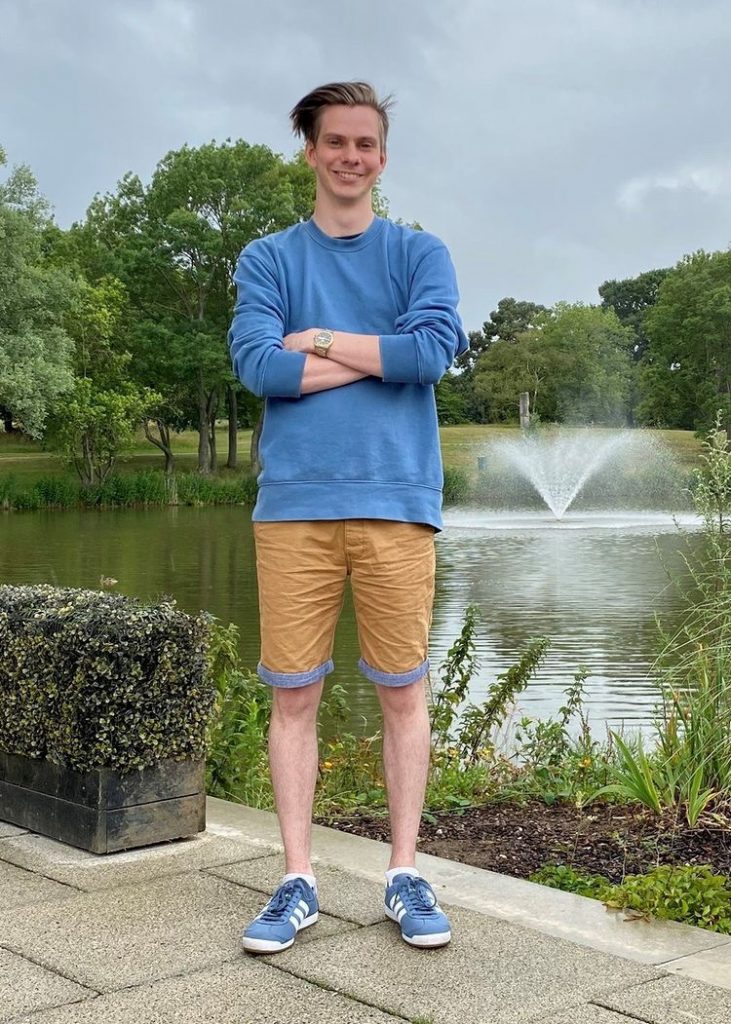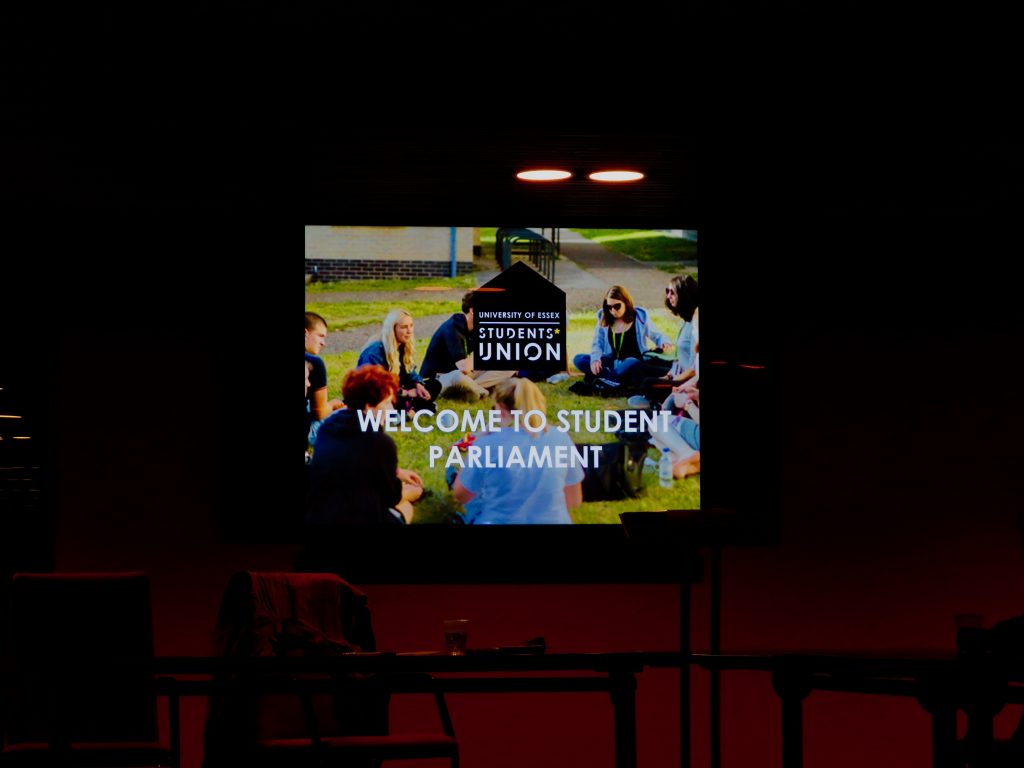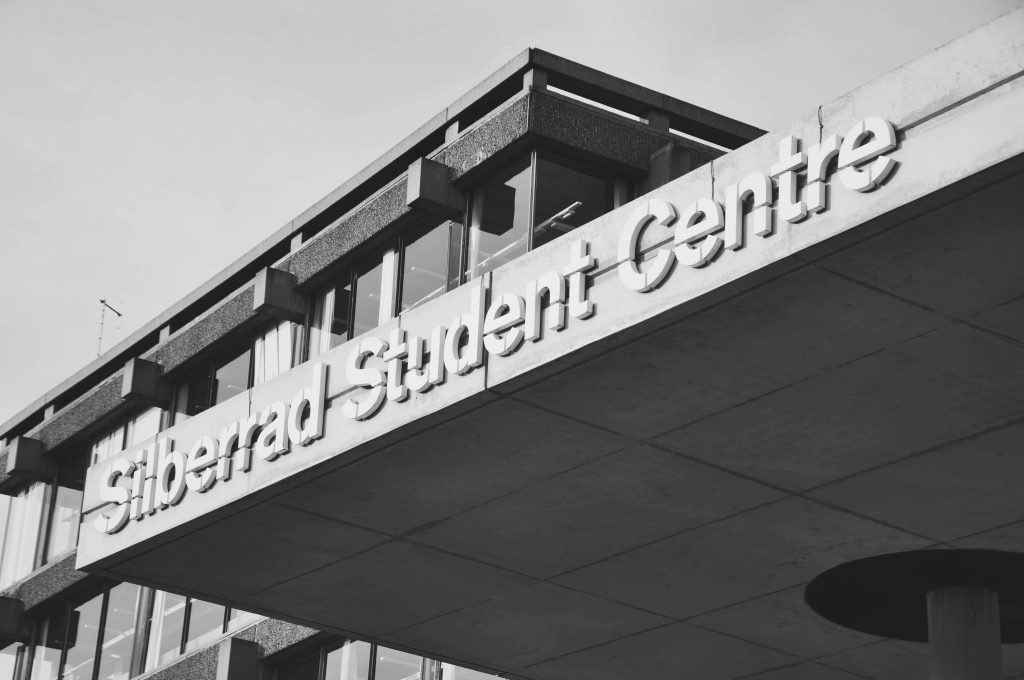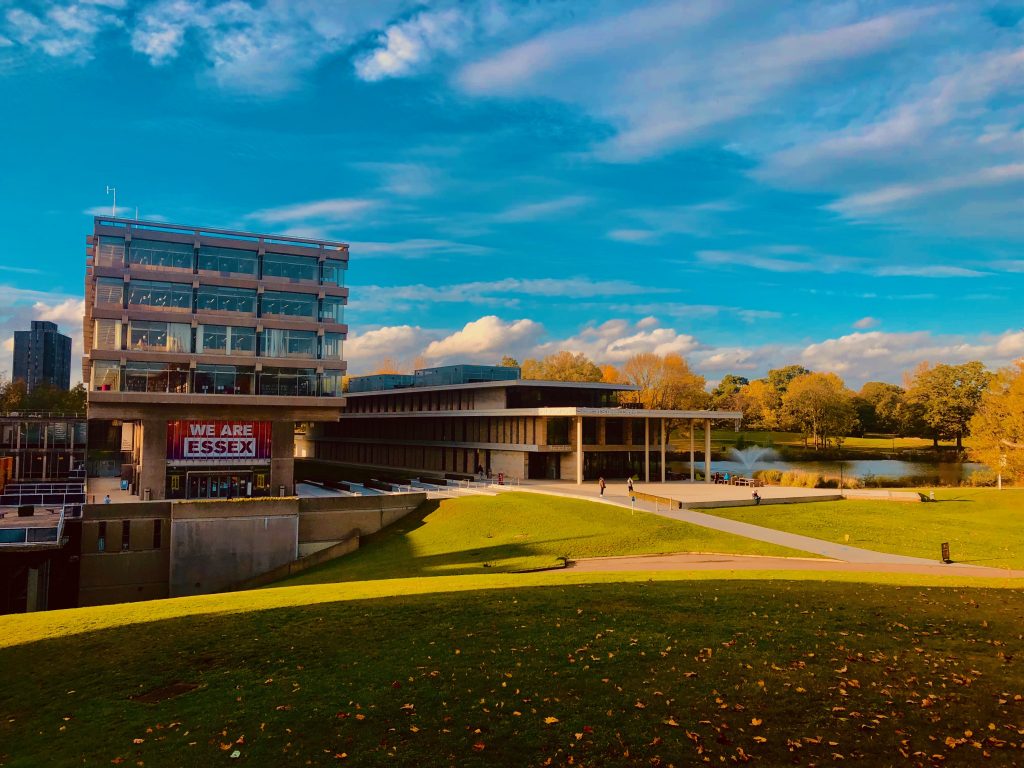With Rebel this year, we are trying to break the glass window between students and what the Students Union does. Tom Abadie talked to Mark Kiley about the first Student Parliament which was held mid-November.
Being a part of the University of Essex makes you, students, a part of the Students Union. A part of this Students Union specifically is SU Parliament, where Sabbatical Officers, Community Officers and multiple representatives from a variety of communities within University represent students at the highest level. One of the members of SU Parliament is Mark Kiley, VP Education. Now, this is not the first year Mark has sat in Parliament, he was there in its first year as a Rebel representative in 2018-2019, before moving into Union Chair last year. Not only does he have a fair bit of experience in this part of the SU, but he also has a great deal of passion for it. This is why Rebel chose him as the first person to interview in this academic year when it comes to Parliament updates. We asked him about how he felt this first Parliament meeting went, discussed policies which were passed during this meeting as well as how he thinks students could be more engaged with what the Students’ Union does.
To start things off, if you are completely new to Student Parliament, whatever year you are studying in this year, you can watch this video we made with VP Community and Engagement, Adrian Tejan-Jalloh, which will give you a good understanding of what Parliament does.

Then, you need to know that originally, Student Parliament was divided into three groups, separated by the campuses of Colchester, Loughton and Southend. Each campus had officers and Sabbatical officers would sit in three different meetings, which could be seen as somewhat ineffective. When the pandemic hit, the last two Student Parliament meetings of 2019-2020 were held on Zoom with all three campuses together. While the experience was a bit of a trial and pushed to be this way due to COVID, the conclusion was that it was not such a bad idea and that the SU could bring all campuses together for further meetings. “As a Students’ Union, we represent all students’ interests, not just those in specific campuses”, said Mark, which really encapsulates the whole situation. While Southend and Loughton could have seen a certain Colchester focus from the SU in the past, which is undoubtedly linked to the number of students on each campus, it was important to change that and to have an equal approach to each campus.
Giving everyone the same voice is important, and it enables all the democratically elected representatives to come together and make decisions together as one Student Parliament as the decisions affect all campuses. This also sped up the process in terms of policies, so that even Sabbatical Officers if still visit all campuses, they can also have one meeting for the whole Parliament and avoid repetition of questions on the same topics. Each campus and their specific Parliaments are different but embracing the differences as one was crucial to make Parliament grow and make everyone feel welcome and heard at the University. So, while it was a COVID related problem originally, Mark feels it is a positive and that it should continue in the future in this fashion as it “brings the campuses together a little more”.
We then discussed how he felt the meeting went as a whole, more related to the fact it was an online event. In the past, Student Parliament was somewhat of a social event, with colleagues and possibly friends showing up a bit before and staying a bit after meetings to talk about things around Parliament but also other things. Now with everything being on zoom, the meetings become more formal, more straight to the point. Last two Parliaments were online, but they had the same people as when it was a physical event. With a whole new bunch of elected representatives, this was a bit less smooth, and “it was always going to be challenging to have the introductory session online” as you cannot build connections outside of the event. However, Mark felt “both SU staff and the representatives really rose to the challenge” and even if there was less of a chance to socialise and have the informal chats around the meeting, it still went well.

We then moved on more to the content of Parliament. Back in October, the Colchester Gazette released an article about the price of Meal Plans, which were given to students who had to isolate, whether that be because of having symptoms of COVID19 or simply doing quarantine. These Meal Plans provided students for whatever they needed for two weeks and it was worth £220, which was considered outrageous by a large part of the student community. Following this press release, Adrian Tejan-Jalloh, VP Community & Engagement, announced that the University had been working on reducing the price and was officially cut down to £100.
This announcement during Parliament led Rebel to ask Mark whether there needed to be leaks in the local press for the University to make actual change, or whether Parliament and the SU as a whole could do that themselves. Mark says that the fact that we are a collective of 16.000 students at the University, we have enormous power and “the SU exercises that power on behalf of students on a day-to-day basis”. There are many examples of this in the past, with free printing, removal of sports fee, the no-detriment policy, but also more recently making the library open, even during a pandemic, until midnight and this, for the rest of academic term. The SU has also pushed for a clarification on summer assessments, which means that students as of now should know whether they will have any in person assessment coming this year, in order to plan ahead. It is important to note that the officers were in conversation with the University even before there was a leak. While the University would have probably preferred there not to be a leak, it is key to state that the SU was working with them on reducing the price, without having external pressure to push the decision. So real change can happen through the SU, without external pressure but by simply using the voice of students, which is what Parliament does best.
One of the main policies that were voted on during this Parliament was “Sabbatical Officers maximum response time”, which pushes the Sabbs to answer within 5 working days to emails they receive. The aim of this is for the Sabbs to be held accountable and not show any signs of inactivity, or avoidance of complicated topics. Now, while the paid officers’ inboxes are regularly very full of emails, it is important to give context to their roles and Parliament. They were elected to their roles, are paid for their work, and it is important for regular students to get responses within this set time frame, to hold the Sabbatical officers to account. Mark says that this policy “allows for the elected representatives to have more context when holding Sabbatical Officers, like myself, to account” and that “if students are to effectively hold our officers to account, they need to have as much information as possible”.

We moved on to a policy that Mark discussed himself during the meeting around “Supporting Student Parents”, which is a policy that was about to lapse. A policy (which lasts three years) which did not see any real change since it was implemented back in 2017. Mark suggested that we do not renew this policy and lobby the University in order to make real change and create Student Parent-friendly spaces. This space would enable the child to be loud and not bother other students, while giving space and a focus area for the parent to focus on studying and worrying less about the child’s environment. As far as Mark is aware, “there is not a child-friendly space on campus”, which is why he wanted to let the policy go and restart on a new one, where there would be a real project to implement these spaces across all campuses. He also wants to “ensure that academic policies at the University are not excluding Student Parents by being unfair”, which could be around making extenuating forms a bit more suited to the various situations Student Parents will encounter with young children. They aim to show a real understanding of what they go through, which he feels is not reflected at the moment.
He is now working with Adrian on a plan to resolve the issues around the Student Parent community on an educational and academic perspective. The next step for the two VPs and the University is to create a focus group of Student Parents in order to truly understand what the issues are and how the situation can be improved in the future. They will work hand in hand with the estate, the University and the academic development team in order to truly respond to the needs of the community in the months and years to come. Now while COVID might somewhat restrict proper change at the moment, the project is to possibly use rooms on the lower floors of the Colchester campus for example to change them into suitable spaces. He wants to “at least by the end of (his) term have the ball rolling” on this policy, rather than simply leaving it to the next officer to take his role.
We then moved onto another policy which discussed terminology in Parliament. While it sounds very political and bureaucratic, it is actually aimed to make terminology around policy and what we discuss in Parliament a lot easier to access and understand, for representatives but more importantly, for students who do not sit in Parliament. It is important for the general student community to understand exactly what Parliament does, in order for them to be engaged with this ‘community’. This will help them understand who represents them, why certain policies are passed and how will it affect them individually. They will eventually know what to do when they have an issue, who to contact and how can this issue be discussed and hopefully resolved. You can learn more about who your representatives are on this website, where you will also find the minutes of past recordings, which should give you a broad understanding of what is going on in Parliament.
The final policy we discussed was talked about in the Southend Parliament breakout room. These breakout rooms enable each campus to address the issues that are closer to them. In this case, Mark discussed the matter of Wifi. While improving the Wifi was an issue that has existed in the past and was going to be addressed in the Big Plan, it became even more important with the move to online learning. The issue at the moment is that the University is unable to improve the Wifi to Wifi 6, which is what is set up on Colchester Campus. The problem is that one of the University buildings in Southend, the Forum, belongs to the Council and they are not willing to change the current Wifi set up. A meeting with Wifi Everywhere Project team will help the University work with the Council in order to find an agreement on this. It is an important issue for all students, particularly during this pandemic.

We finished off the interview by talking about generally making access to Parliament for regular students easier. Simplifying the process of knowing what happened during the meetings, knowing what happened as well as seeing how it might affect each student individually is crucial to helping Parliament grow in engagement and importance in the mind of students. “Making Parliament more transparent and accessible is absolutely an objective we should be pursuing” shared Mark. Mark also stressed the fact that we need to make it clear to students who are not interested in Parliament why they should be. “We need to make it clear why the Students’ Union is valuable to everyone by promoting the work we do already”, but part of the process is also listening to students who have issues they want to talk about. As the SU listens, it is also crucial to take action and also reach back out to the students who have raised said issues. By making it clear what Parliament and the SU does will not only help the students knowing how to raise and resolve issues but also help them understand exactly how they affect their everyday life at the University.
All in all, it was important to keep students updated on what happens in Student Parliament, in order for them to know that their voices are being heard but also what issues were raised. Having Mark Kiley talk about these issues was crucial to get an insider perspective from one of the Sabbatical Officers and get a broader understanding of how the Sabs work around these issues. We will continue these updates on Parliament, with the next article coming up later this month.